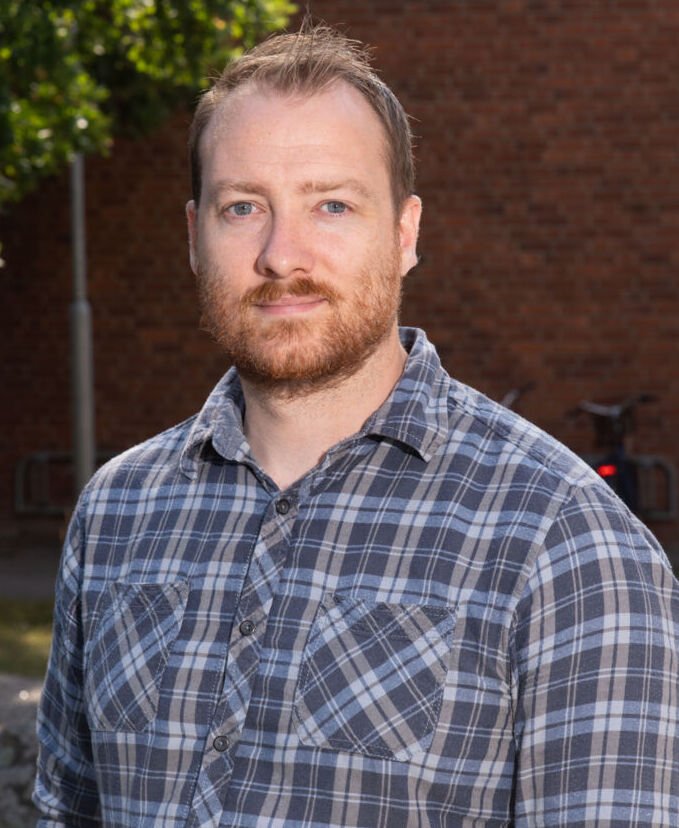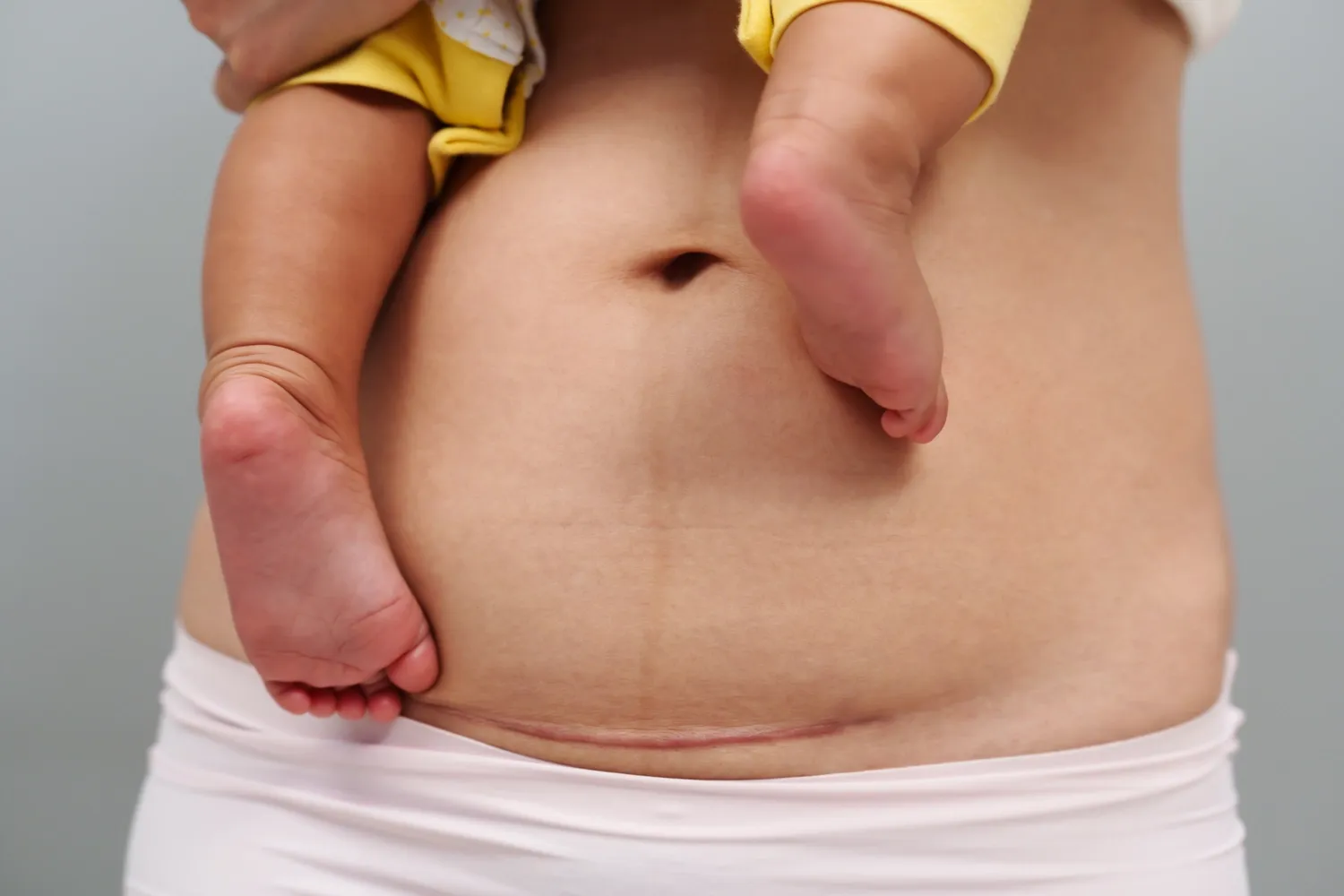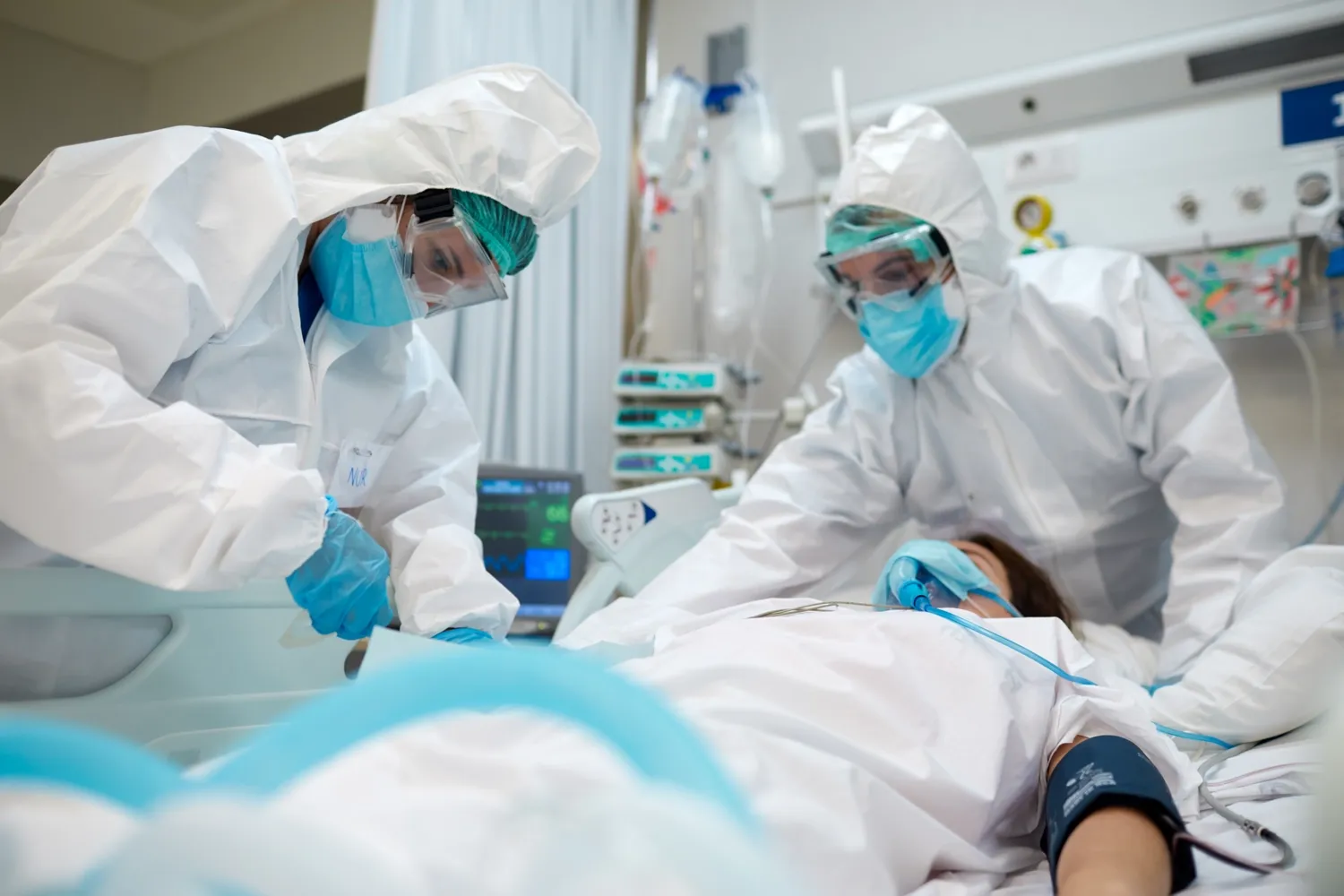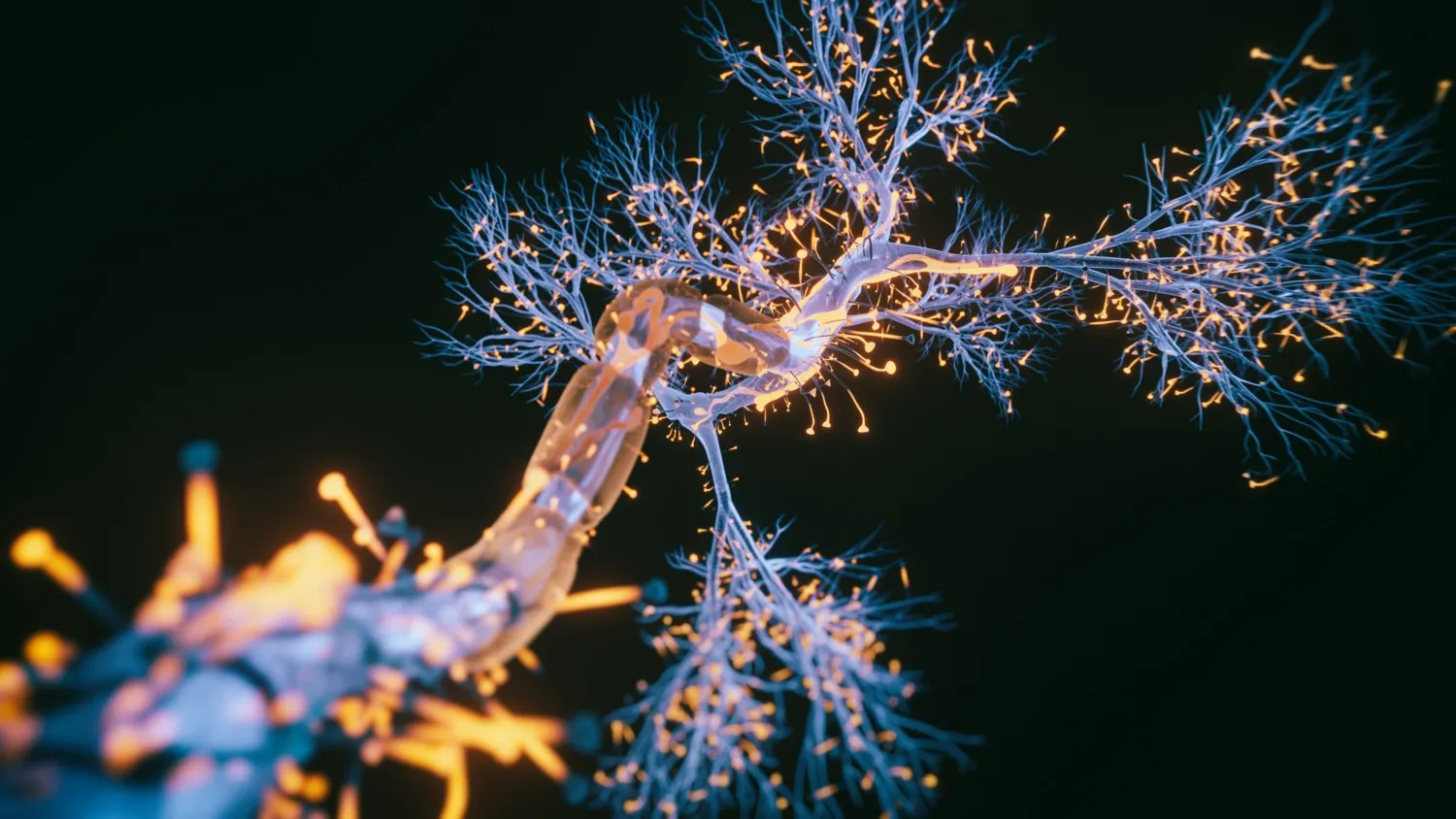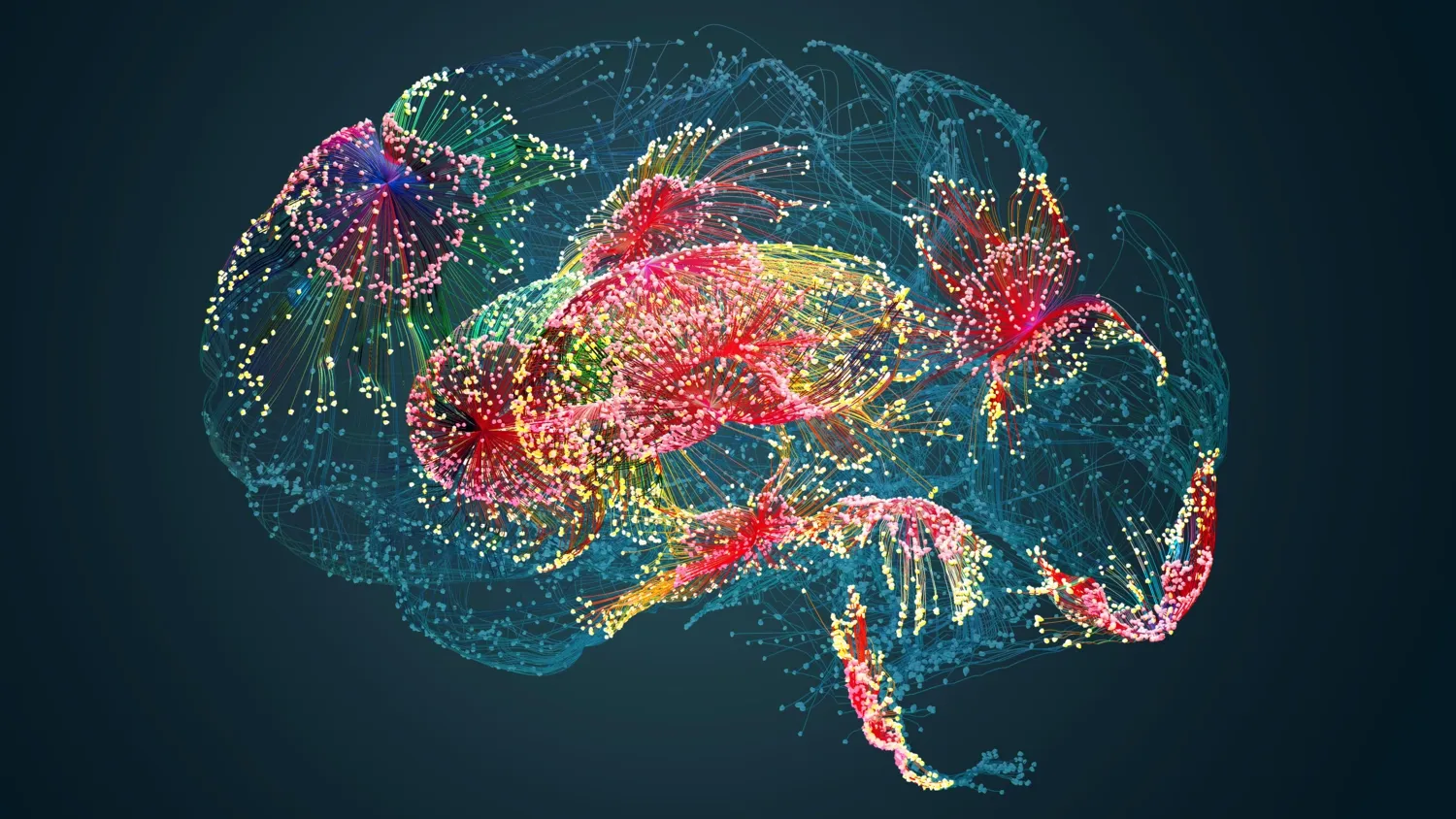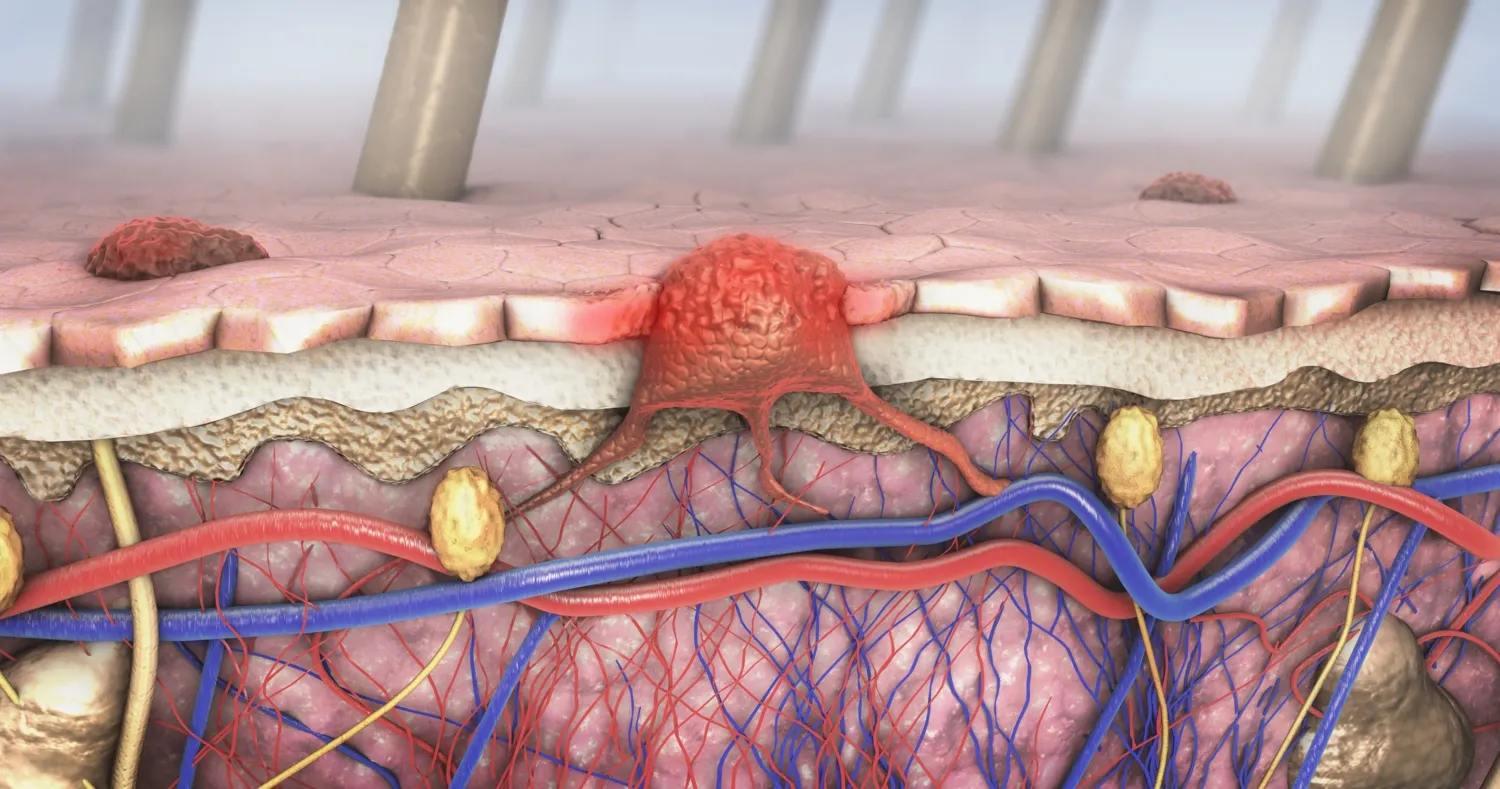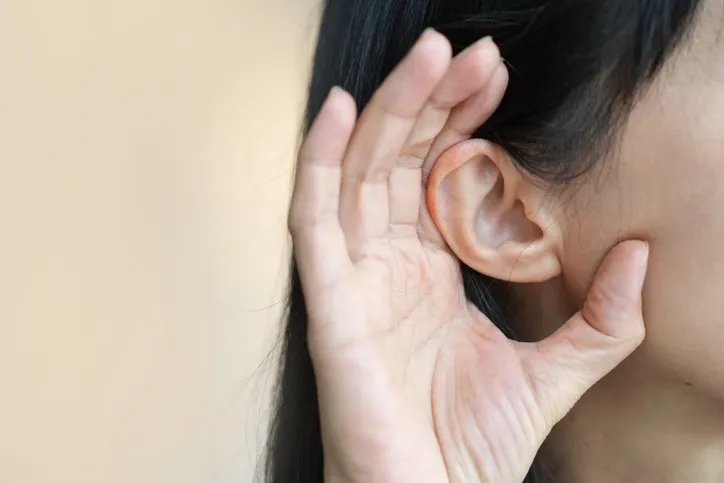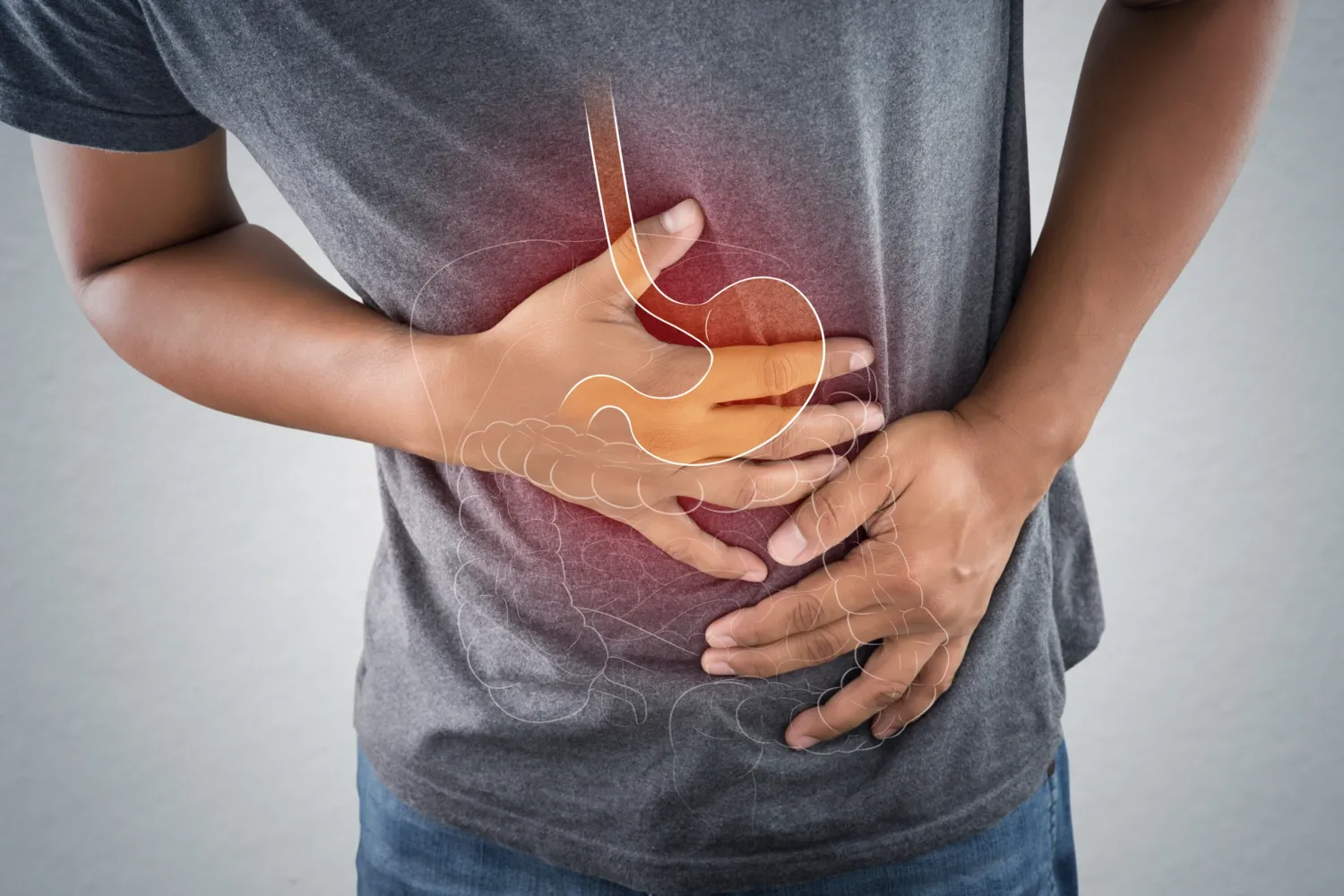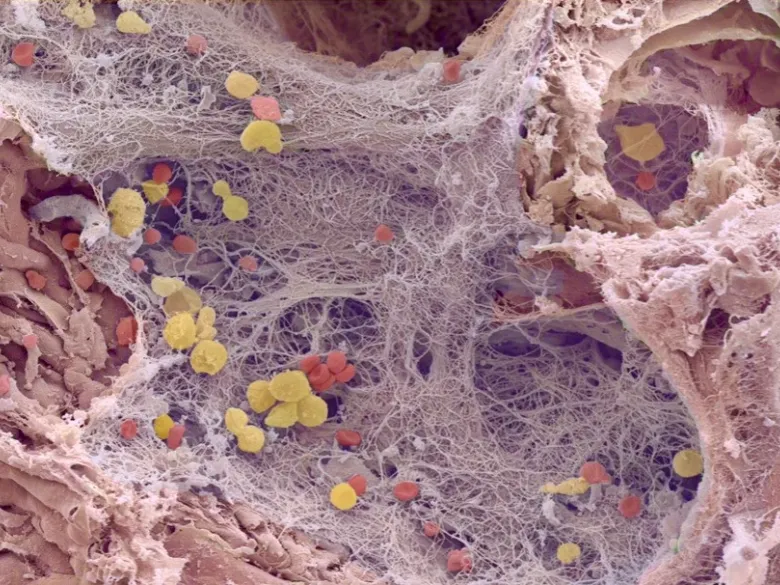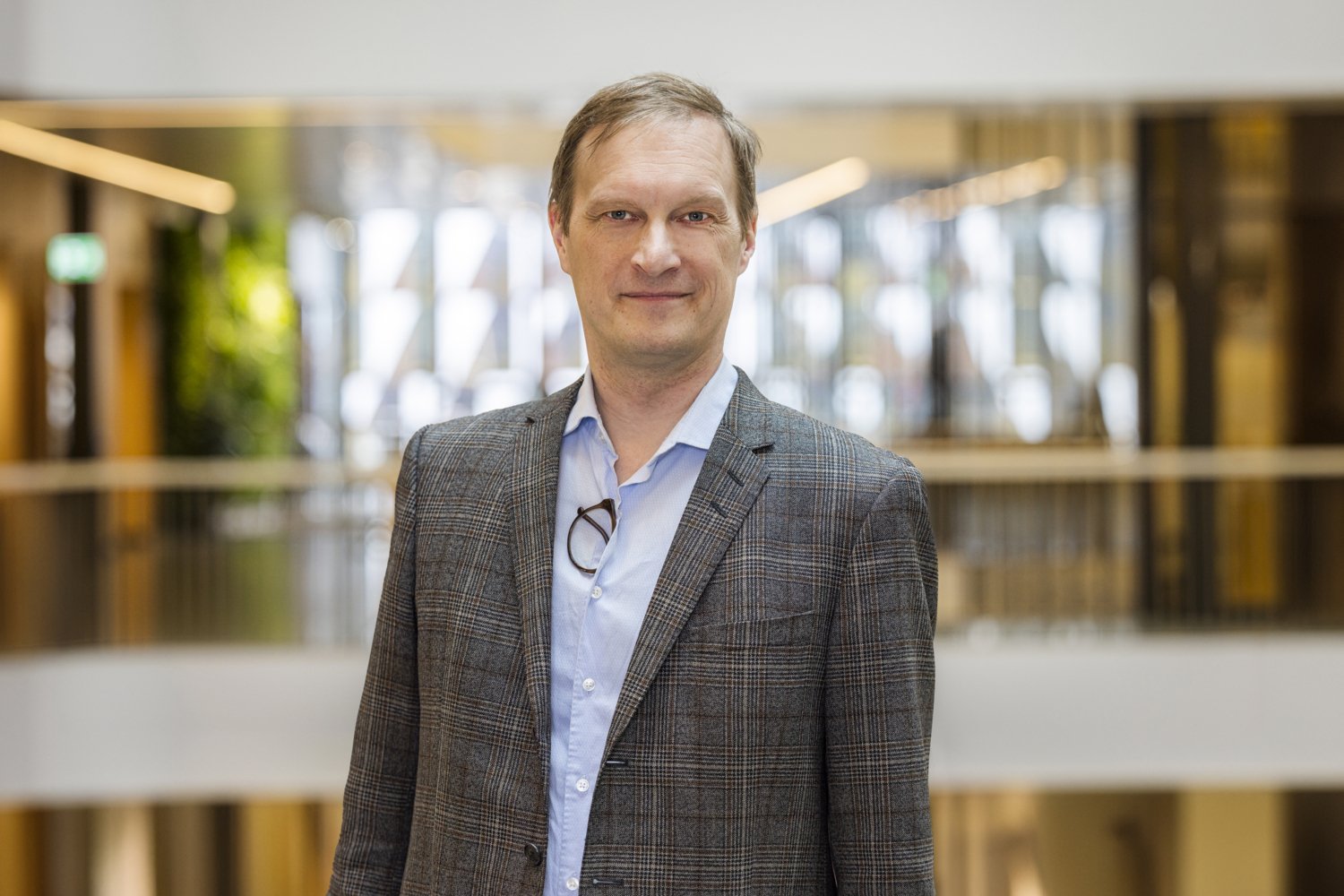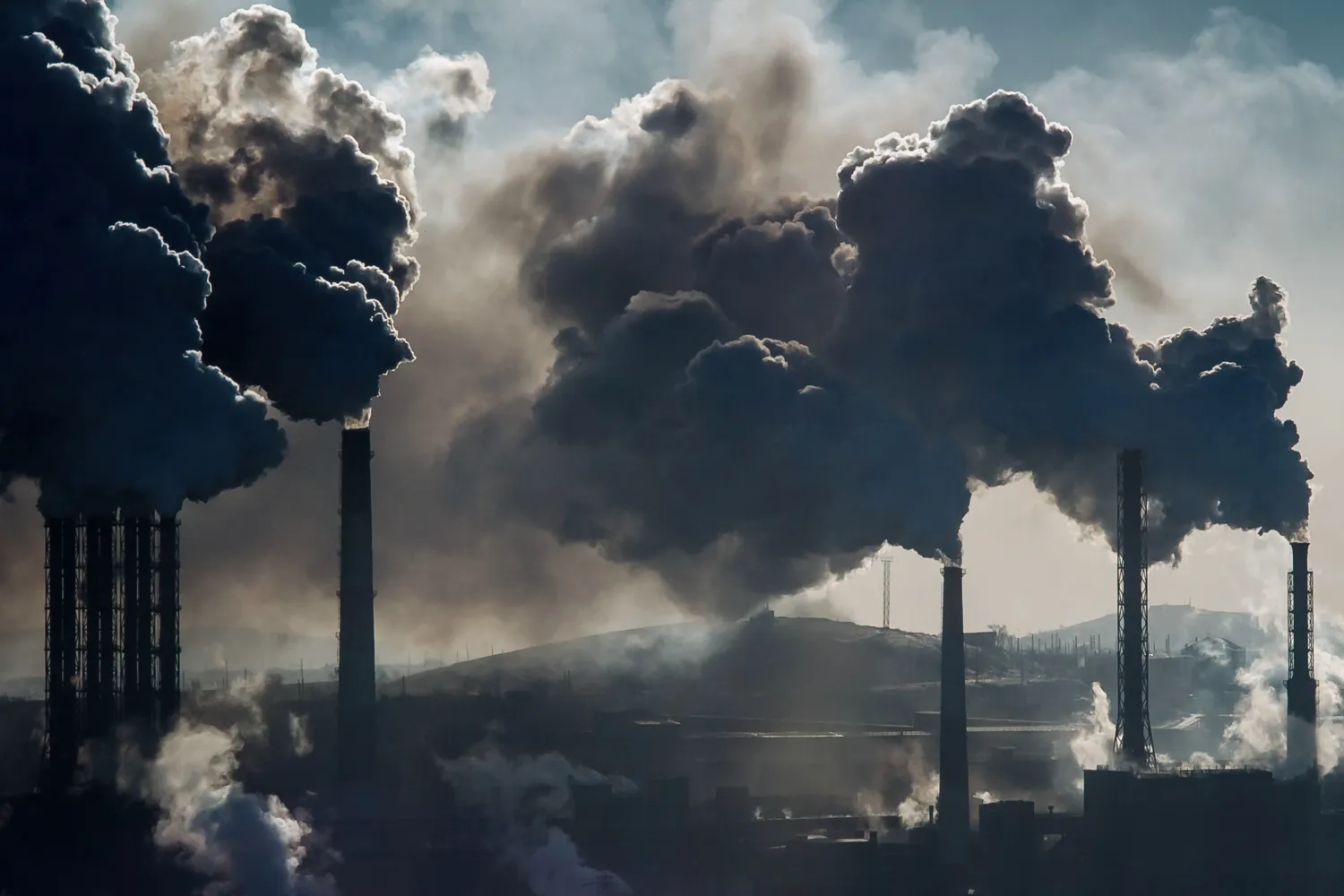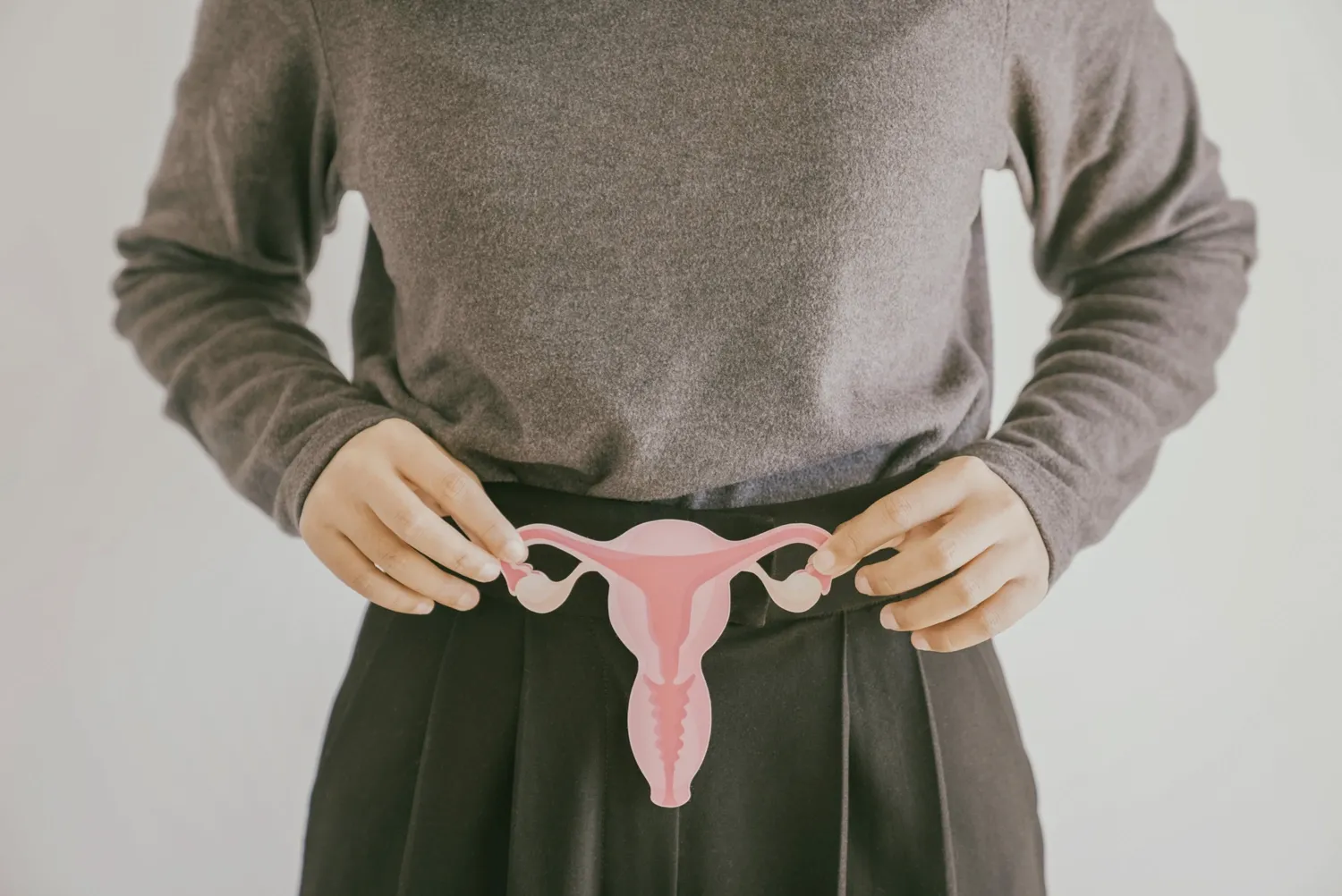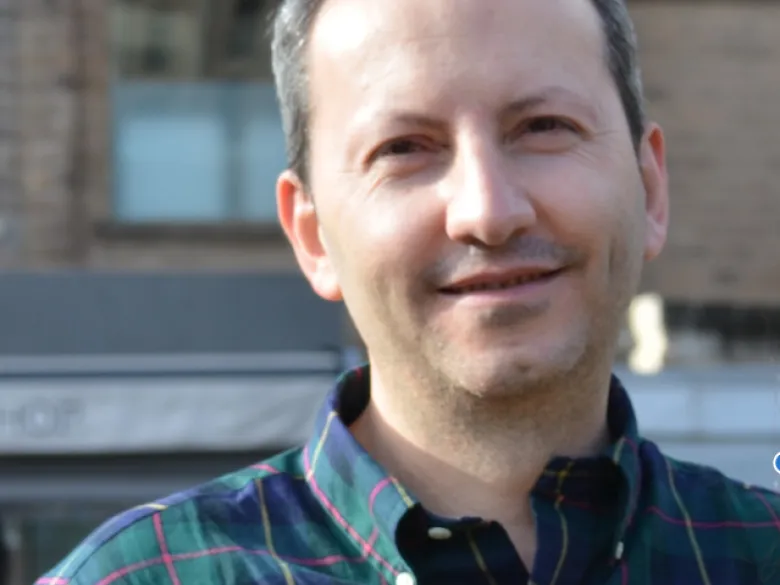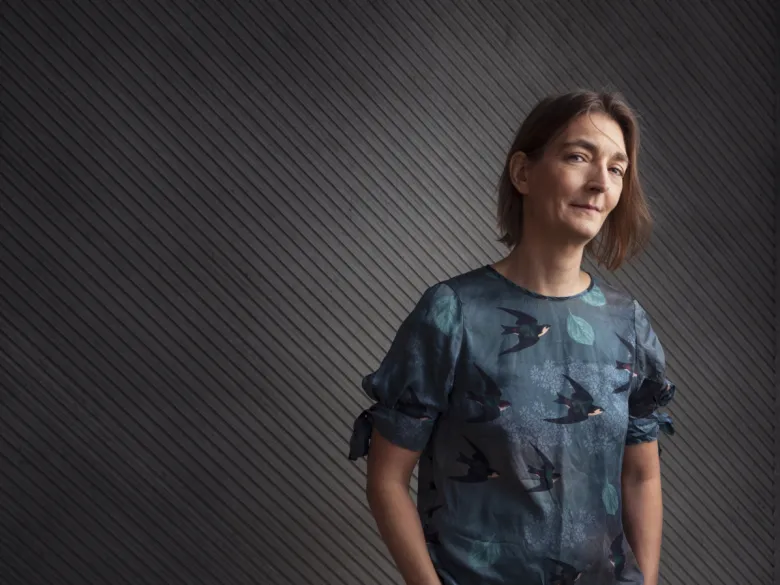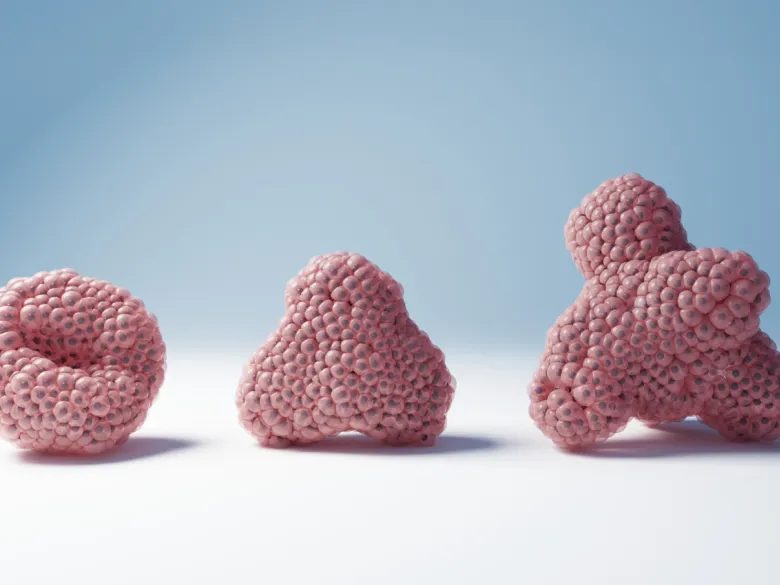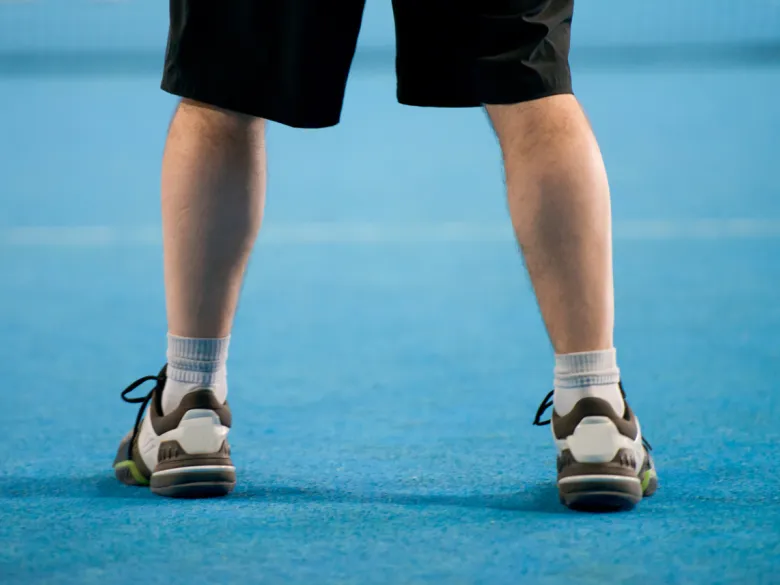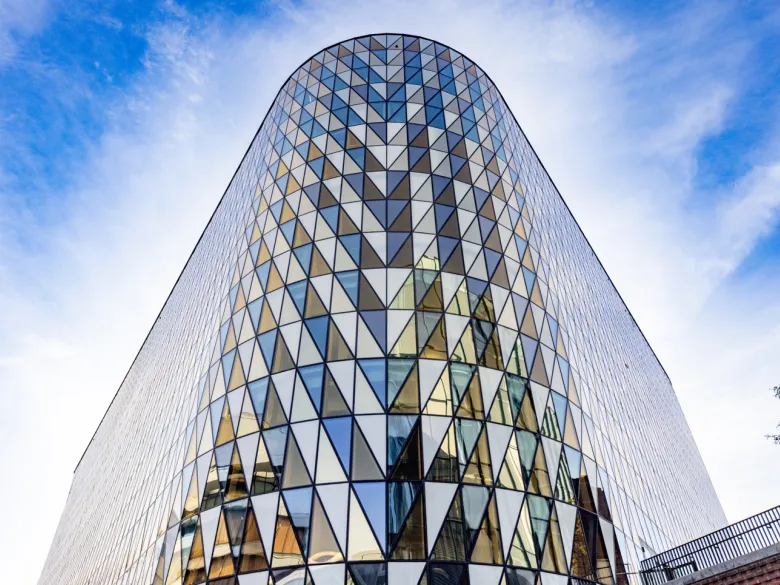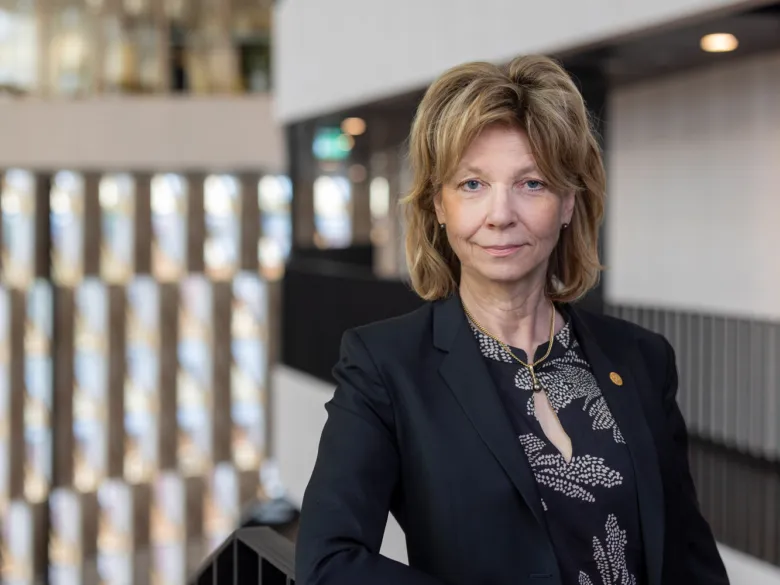Grants, prizes and donations
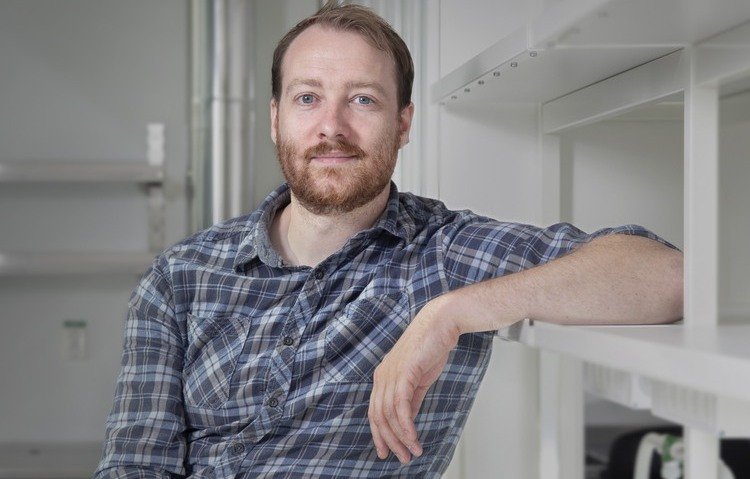 Photo: Johan Gunseus
Photo: Johan GunseusERC grant for world-leading glaucoma research at KI
Glaucoma is the most common cause of irreversible blindness and affects 80 million people around the world. Pete Williams, researcher at Karolinska Institutet and St Erik Eye Hospital, has now been awarded a prestigious ERC Advanced Grant for his work on new treatments for the disease.
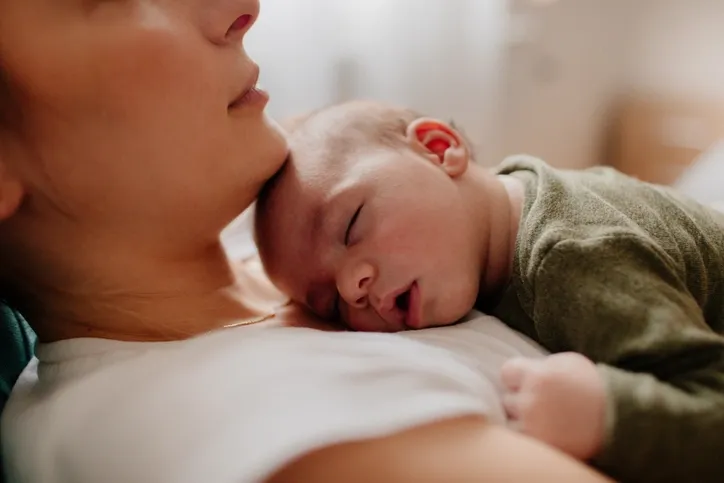 Photo: Getty Images
Photo: Getty ImagesKenny Rodriguez-Wallberg receives EU funding for project on fertility in young cancer patients
Multidisciplinary researchers will come together in a new consortium, led by Professor Kenny Rodriguez-Wallberg, Karolinska Institute, to develop biomarkers to predict late effects and infertility in adolescent and young adult (AYA) cancer patients, and to develop clinical care guidelines. Predict AYA will receive nearly EUR 7 million in funding from the European Union’s Horizon programme Mission Cancer.
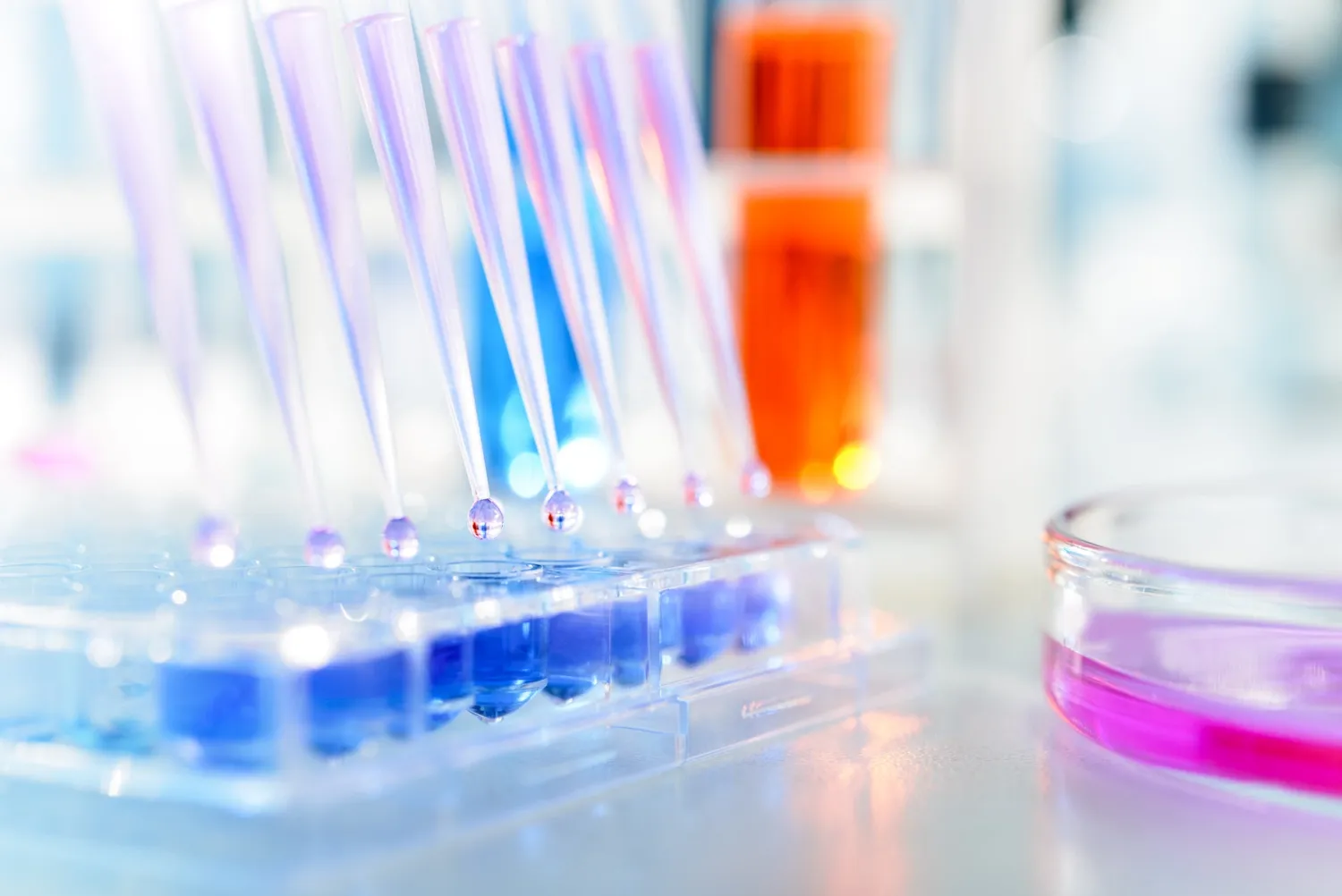 Photo: Getty Images.,Getty Images
Photo: Getty Images.,Getty Images2025 Anders Jahre Award goes to two KI researchers
The prestigious Nordic Anders Jahre Award for 2025 goes this year to two researchers at Karolinska Institutet. Professor Sten Eirik Wælgaard Jacobsen is to receive the Anders Jahre Award for Medical Research for his work on normal and leukemic blood stem cells. William Nyberg is honoured with the Anders Jahre Award for Young Researchers for his work on the development of T-cell immunotherapy for cancer.
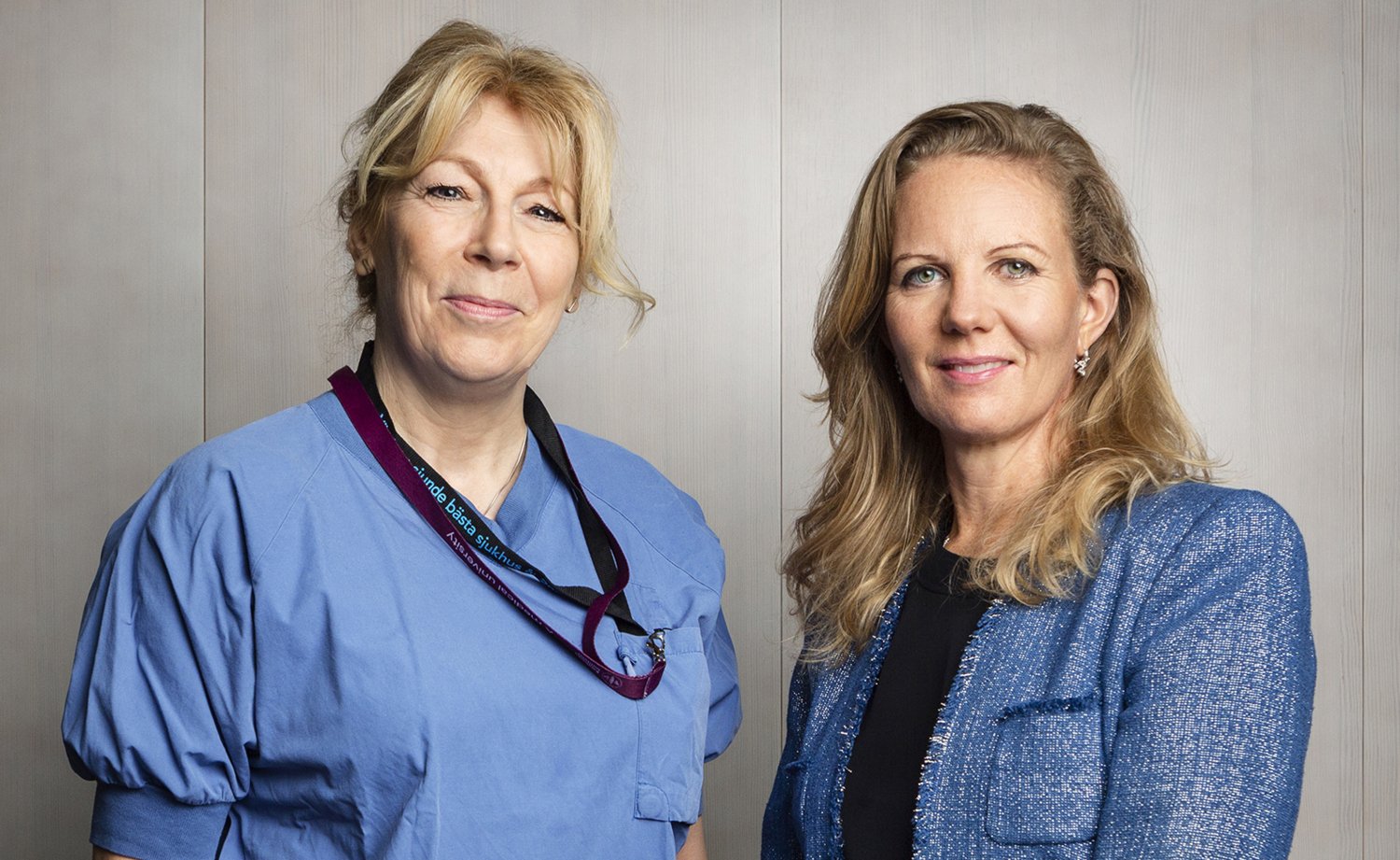 Photo: Martin Stenmark
Photo: Martin StenmarkKI establishes new endowment professorship in integrative odontology
Thanks to a generous donation from businesswoman and investment company director Louise Lindh, the Department of Dental Medicine at Karolinska Institutet is able to establish a new professorial chair. This marks an important step towards making dental health a self-evident and integral part of public health, a move that both researchers and healthcare professionals have long been calling for.
Focus on air pollution
 Photo: Getty Images,Getty Images/iStockphoto
Photo: Getty Images,Getty Images/iStockphotoElusive knowledge about the smallest particles
Toxicologist Hanna Karlsson investigates the health effects of the tiniest particles in the air. Those found in Barcelona’s harbour appear to be more inflammatory than others.
 Photo: Getty Images
Photo: Getty ImagesBus, bike or walk – which is the dirtiest mode of transport
Anne-Sophie Merritt, a researcher at the Institute of Environmental Medicine, has investigated how much air pollution people are exposed to depending on their mode of transport.
 Photo: Getty Images
Photo: Getty ImagesSuganthi Jaganathan: "In Delhi, it is often hard to breathe"
Suganthi Jaganathan researches air pollution in India. Among other findings, she has shown that poor air quality caused 16.6 million deaths in India over a ten-year period.
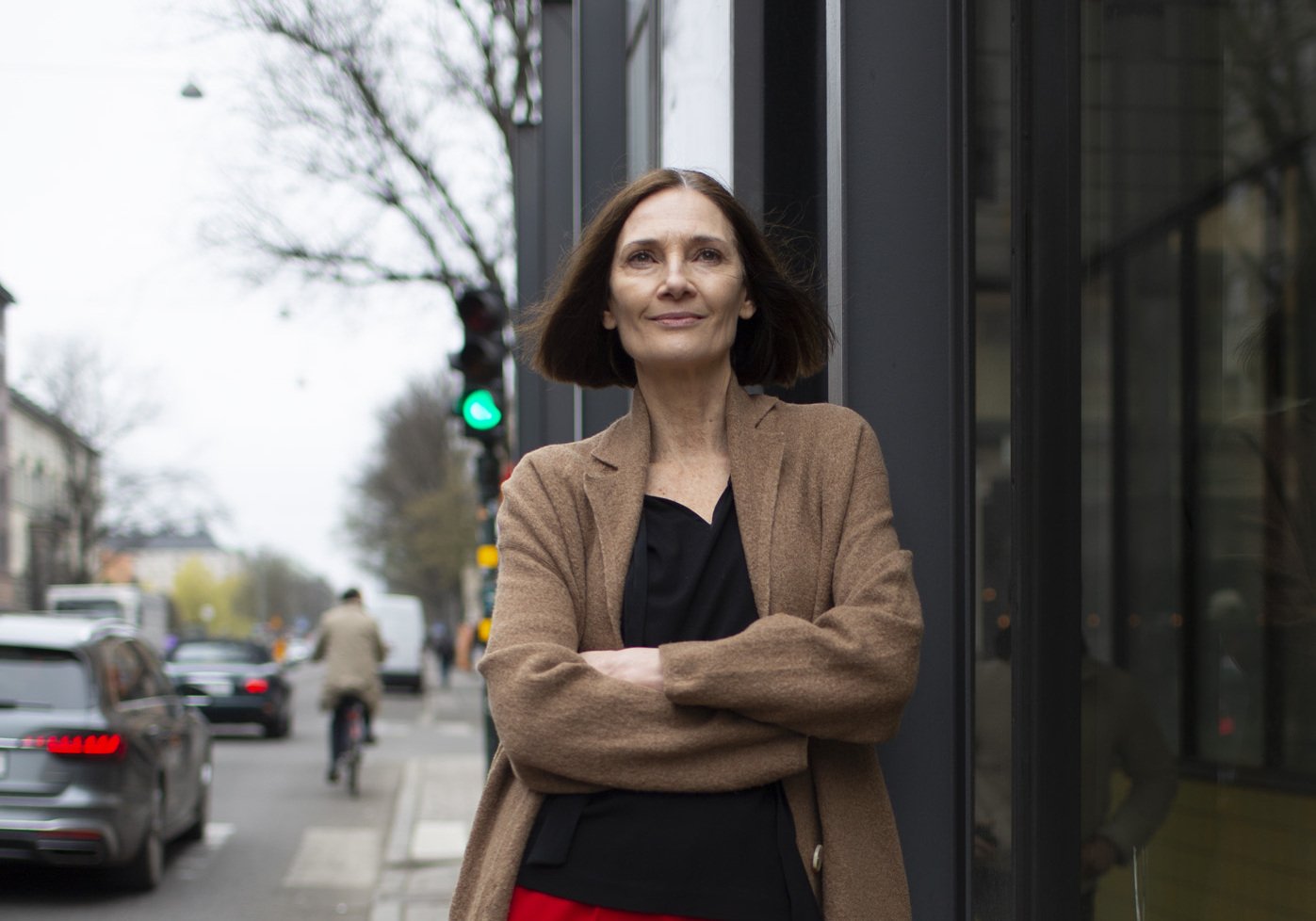 Photo: Martin Stenmark
Photo: Martin StenmarkLiselott Florén: "Traffic makes my asthma worse"
People with asthma are particularly sensitive to air pollution, which can exacerbate their symptoms. Here, Liselott Florén explains how air quality affects her daily life.
The Conversation
 Photo: Getty Images
Photo: Getty ImagesThe dangerous myth about white snus
What do British footballers have in common with young women in Sweden? The answer is white snus. KI researchers explain why tobacco-free is not the same as risk-free in The Conversation.
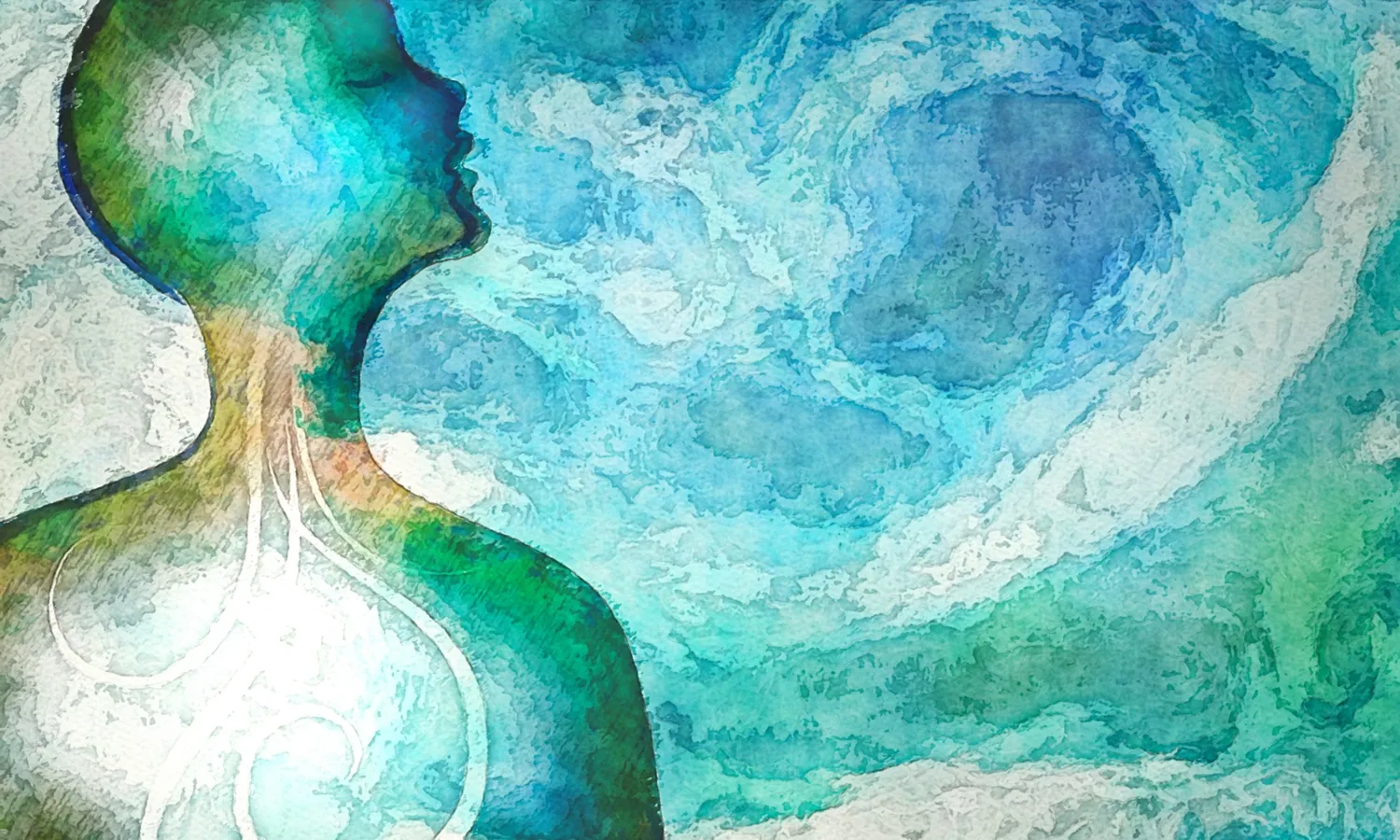 Photo: getty images,Getty Images
Photo: getty images,Getty ImagesWhy the eyes are the mirror of breathing
New research has discovered a fundamental mechanism that affects pupil size - our breathing. The pupil is smallest when we breathe in and largest when we breathe out - something that could affect vision. In The Conversation, the researchers explain the implications of this.
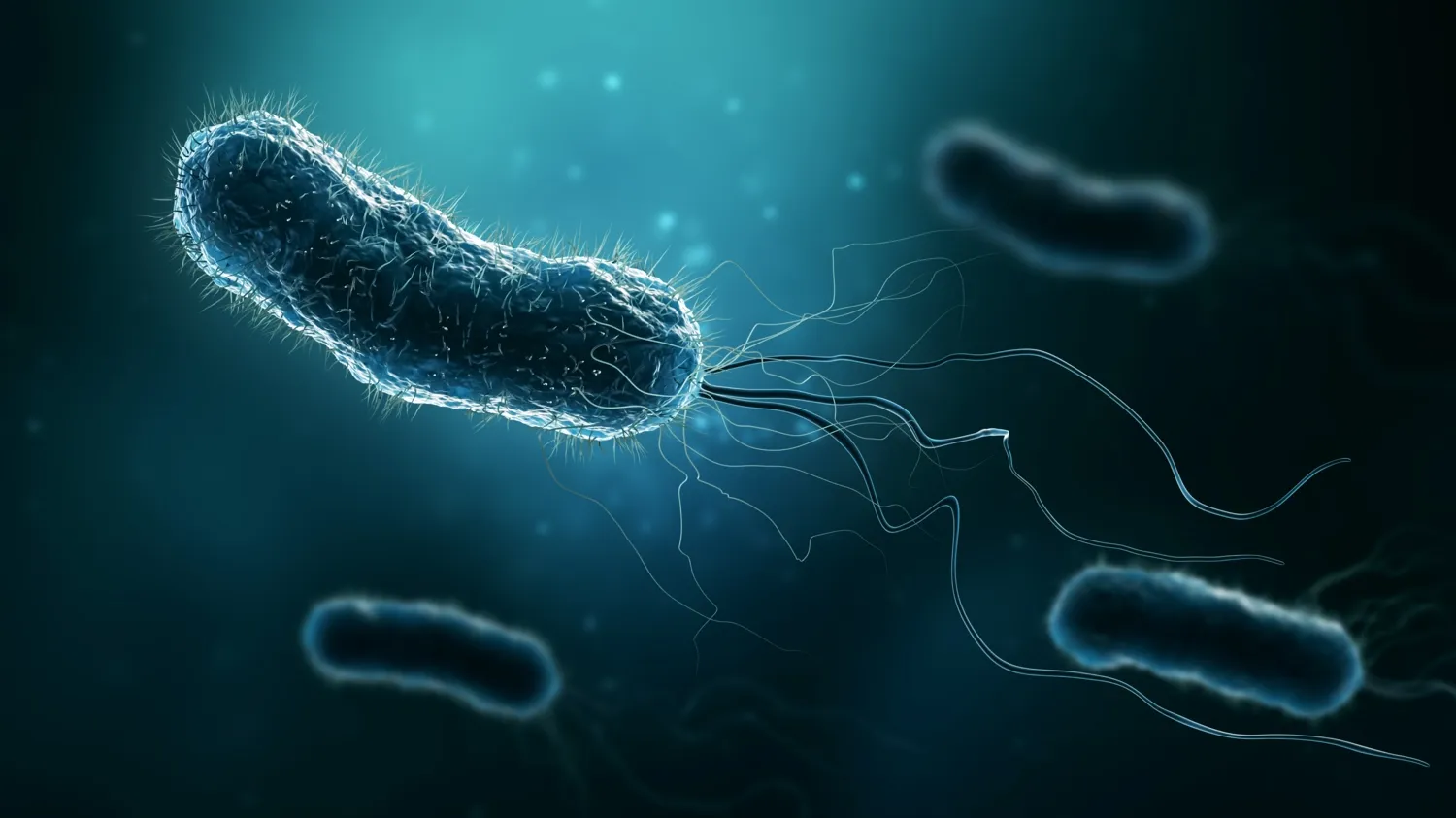 Photo: Getty Images
Photo: Getty ImagesAlzheimer’s: bacteria that cause stomach ulcers may protect the brain
 Photo: Getty Images
Photo: Getty ImagesMore articles from KI researchers published in The Conversation
From cold-resistant genes to face masks, Karolinska Institutet researchers contribute to the global public discourse on a range of topics through our collaboration with the international news site The Conversation.
Selected top publications
Internet-based therapy shows strong effects for stress-related disorders
Hedman-Lagerlöf et al, Psychotherapy and Psychosomatics, June 2025
New study maps causes of death in people with skin lymphoma
Brauner et al, British Journal of Dermatology, June 2025
How our cells untie "DNA knots" to protect our genetic material
Elsässer et al, Science, June 2025
Six steps to implement digital health tools in healthcare
Löf & Maddison, Nature Medicine, May 2025
How cells adapt to stress and poor nutrition
Pelechano et al, Molecular Cell, May 2025
More high-impact publications



